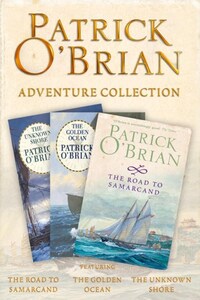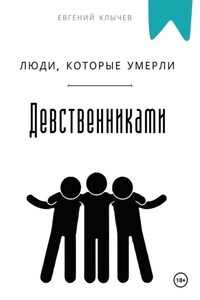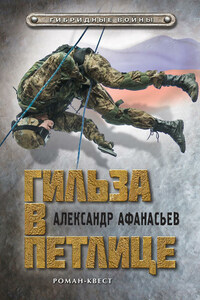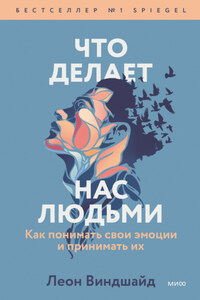The Wanderer ran faster with the freshening of the breeze; her bows cut into the choppy sea, throwing white hissing spray into the sunlight. The schooner was carrying every stitch of canvas that she could spread, and she was so close into the wind that the boy at the wheel kept glancing up at the sails, watching for them to shiver and spill the breeze; but they remained taut and full, and presently his attention wandered. His gaze went up past the dazzling white triangles of the sails to the great albatross above them.
‘How does it manage to keep up without moving its wings?’ he wondered, craning over to the left to see it more clearly. ‘It has never –’
‘Keep her on her course, you young idiot,’ roared an unseen voice, and at the same moment the Wanderer yawed a little. The lee scuppers vanished under a cloud of foam, and Derrick gripped the wheel; it bucked under his hands, but he held it firm; the compass steadied, and the Wanderer’s bowsprit pointed to Tchao-King again. Derrick stood there, square to the wheel, his eyes fixed on the binnacle, the picture of a model helmsman; but he was red in the face, and he felt acutely conscious of the head that had appeared on deck. The rest of his uncle’s tall, lean body followed the head and stood there easily on the sloping deck, swaying to the send of the waves as the captain looked up at the sky, the windvane and the rigging.
‘If you do that again,’ he said, coming aft, ‘I’ll drown you with my own hands, and then you’ll be put on half-rations for the rest of the voyage. Now listen, Derrick, you hand over to Olaf at six bells and come down to the saloon. We want to have a talk with you.’
‘Okay – I mean, aye, aye, sir,’ replied Derrick, grinning. But when his uncle had gone below, he frowned. ‘I wonder what they want to talk to me about,’ he muttered, changing his grip on the spokes. He turned it over in his mind for some time, but he could think of nothing: soon he gave it up, and concentrated his whole attention on steering the Wanderer as she ran through the China Seas.
He heard the ting-ting of the ship’s bell, three times repeated, and a moment later Olaf Svenssen came out of the fo’c’sle. He was a big, fair Swede with a face as broad and as red as a side of beef, and like Captain Sullivan he stood for a moment gazing up at the weather and the sails.
‘How’s she steering?’ he asked, coming to the wheel.
‘Due north-west by north,’ replied Derrick, handing over.
‘Nort’-vest by nort’ it is,’ said Olaf, taking the wheel.
‘Do you think the wind will get up any more, Olaf?’
‘Not till after sundown. The sun’ll swallow it up, Ay reckon. Maybe in the night we’ll have a blow, Ay dunno. But the Wanderer can take it, eh?’
Derrick went below. His uncle and Mr Ross, a tall, raw-boned Scot, were in the saloon, working out the Wanderer’s position on the chart.
‘Is the sun over the yard-arm, lad?’ asked Ross.
‘Yes, sir, just over,’ answered Derrick. The schooner had no yards at all, but he knew what the question meant.
‘Good. Li Han! Coffee and rum.’
‘Coffee and rum on the spot one time,’ cried the Chinese cook, bringing in a tray.
‘Now then, Derrick,’ said Sullivan, finishing his coffee, ‘we want to talk to you.’
‘Aye, we want to talk to you,’ repeated Ross, solemnly. ‘Have a wee tot of rum.’
‘It’s like this,’ went on Derrick’s uncle. ‘When you joined us in Wang Pu after …’He paused. He didn’t like to say ‘after your mother and father died’, and while he was seeking for a better phrase he thought of that sudden death far away in Chang-An, and of those two kind, gentle missionaries who had been Derrick’s parents. He coughed and went on, ‘… after the funeral, we had no time to make any arrangements, so we took you along on the Wanderer while we considered what ought to be done with you. That is quite a time ago now, and so far we’ve done precious little about it. But we have come to the conclusion that you ought to go to school. The only question is where, the States or England.’
‘Or Scotland,’ put in Ross.
‘Or Scotland. But wherever it is (and I had thought of Ireland too) a school it must be.’
‘Just so,’ said Ross. ‘A school first, and then the university, to be bred up to one of the learned professions.’














